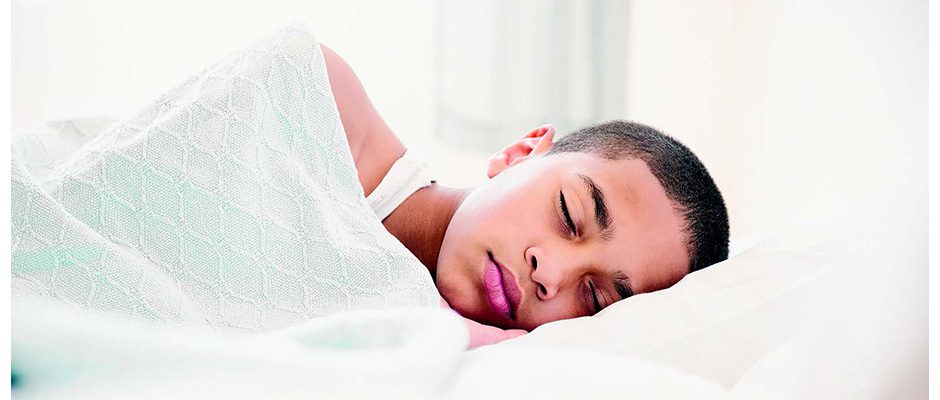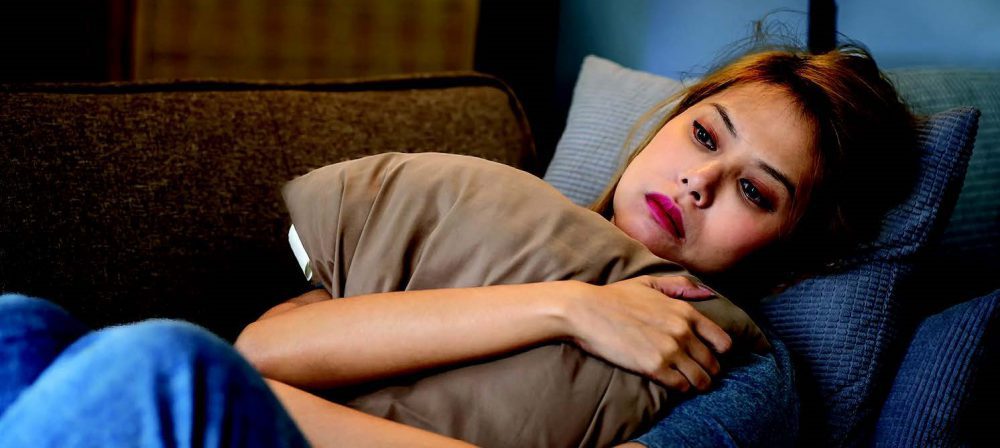
[This story was written by Mark Osborn, M.D., Chief of Pediatrics for St. Peter’s Hospital, and a provider with St. Peter’s Health Center for Children.]
There are only a couple weeks left before all the local school districts are back in session, which means kids’ summer schedule of late nights and mornings spent sleeping will soon be over!
In a recent survey by the National Sleep Foundation, 69 percent of children under the age of 18 complained of being tired during the school day, according to their parents, and 28 percent of high school students reported falling asleep in class at least once a week.
Although every person is different, on average infants and toddlers need about 12 hours of sleep a night, children 10 hours a night, and adolescents and adults need 8 to 9 hours of sleep for healthy rest.
Good sleep hygiene is essential to getting adequate, high-quality sleep. This consists of, among other things, establishing a bedtime routine. Tips include:
- Make sure the sleeping environment is cool and quiet.
- Keep bed and wake times constant (to within an hour and a half).
- Avoid caffeine in the afternoon.
- Discourage excessive evening fluid consumption.
- Avoid medications to help your child sleep. Medications become ineffective over time, and may affect daytime alertness.
- Make sure any strenuous exercise is done no less than three to four hours before bedtime.
- Avoid electronics (smart phones, tablets, TV and video games) for an hour before bedtime.
The American Academy of Pediatrics notes that sleep deprivation can lead to headaches, impaired concentration, weakened immune systems, crankiness and hyperactive behavior often misconstrued as attention deficit hyperactivity disorder. A lack of sleep may impair memory, cause coordination problems and sleepiness during the day.
For many adolescents sleep deprivation – and the resulting health effects – are getting worse because they are living in an age of constant communication. Alone in their rooms, pre-teens and teenagers can stay up extremely late using their phones and computers, which makes them more tired, irritable and, possibly, more susceptible to viruses and illness.
Parents should set realistic limits on electronics use and a bedtime. Some parents may want to take away phones and access to computers and television at night; others may rely on specific, clearly defined ground rules for a nighttime routine. Talk to your child’s pediatrician for additional guidance and assistance.
St. Peter’s Health Center for Children, 1092 Madison Avenue in Albany, offers a complete range of services for children from newborns to age 18. Services include well-child routine care, sick child exams, school and camp physicals, sports physicals, immunizations, health maintenance and education, and access to other hospital services and referrals to specialists. Call 518-525-2445 for more information or an appointment.





